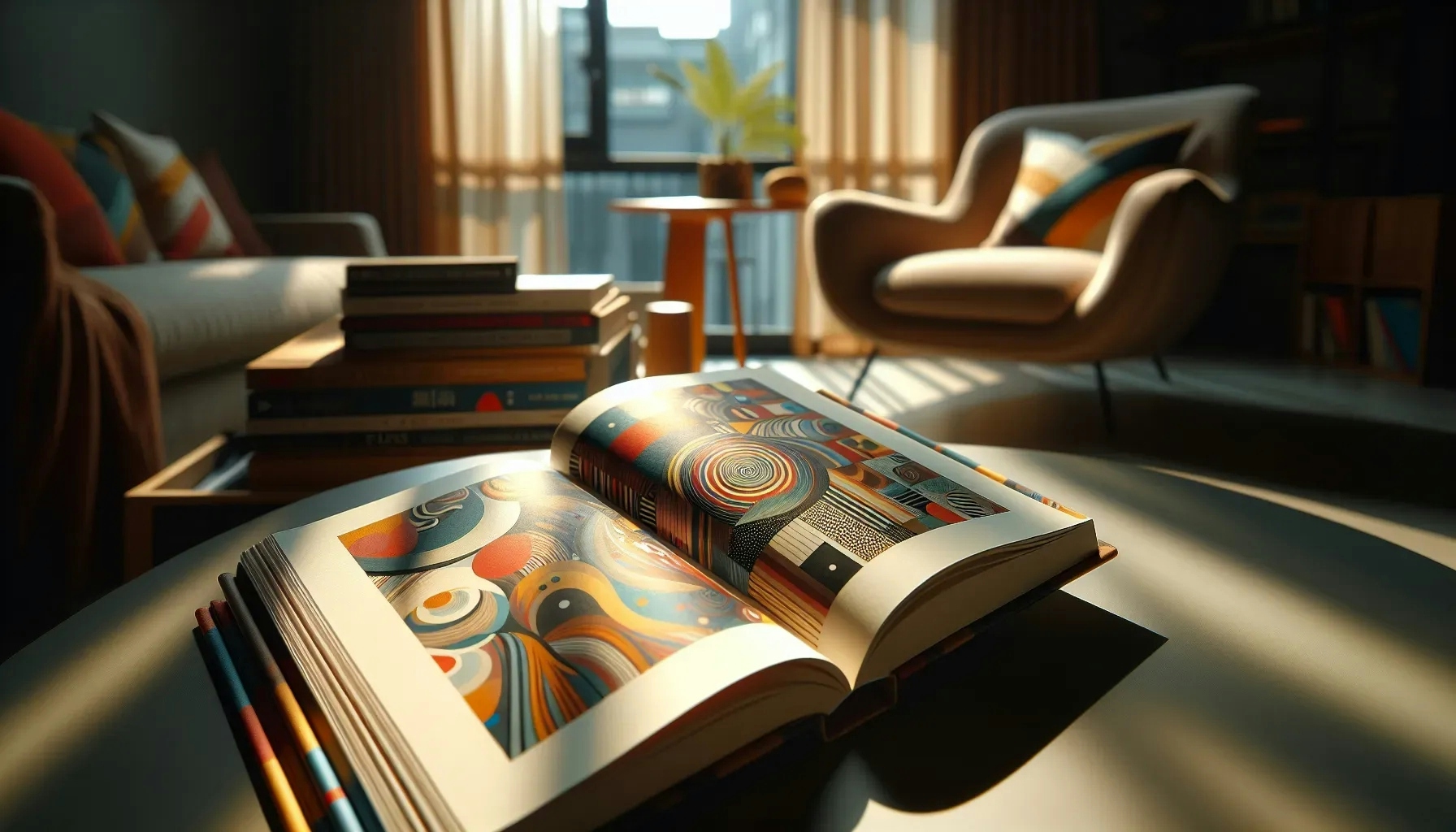What Trend in Contemporary Literature is Exciting?
Literature Experts

What Trend in Contemporary Literature is Exciting?
Delving into the evolving landscape of contemporary literature, we gathered insights from authors and professors to uncover exciting trends that are shaping the field. From the fusion of historical realness with modern narratives to the depiction of past settings with contemporary life, explore the diverse perspectives of four experts on the trends that invigorate today's literary scene.
- Historical Realness with Modern Narratives
- Literature Influences Social-Emotional Skills
- Memoirs of Female Scientists Inspire
- Past Settings with Contemporary Life Depictions
Historical Realness with Modern Narratives
I'm excited to see more literature that resonates with a real sense of historical place and a modern tone. Take a look at Daniel Mason's 'North Woods' (2023), which tells a story whose epicness lies, somewhat paradoxically, in the minutiae of life in and around a single house in New England. 'North Woods' isn't told to us straight, but rather through a scrappy ledger of forms: poems, pictures, and letters, in addition to Mason's prose. Likewise, 'Lincoln in the Bardo' by George Saunders (2017) opens with an almost collage-like section of historical quotes characterizing and subverting our understanding of Abraham Lincoln, helping us see him not only as a president but as a father and human. This, to me, goes beyond a trend, but rather a reclamation of what it means to tell a timeless tale through contemporary and formal challenges.

Literature Influences Social-Emotional Skills
The ways in which literature impacts social and emotional thinking is an exciting trend. Readers project themselves into the lives of characters and try on behaviors that they read about. They consider emotional responses and emotional regulation as the characters develop.
Here's an example. There is also an article here: Shechtman, Z., & Abu Yaman, M. (2012). 'SEL as a Component of a Literature Class to Improve Relationships, Behavior, Motivation, and Content Knowledge.' American Educational Research Journal, 49(3), 546-567.
It's clear that literature is important for reading development, but it also has an impact on the quality of relationships that students develop, as well as their ability to regulate emotions and manage behavior.
Memoirs of Female Scientists Inspire
Over the last couple of years, there's been an uptick in memoirs from female scientists offering a glimpse into a world dominated by men. Their memoirs provide not only accessible information about their chosen specialty but also share insights from their often circuitous paths, making them seem more human. They focus on their circumstances and offer encouragement—an example for people who look like them to see more possibilities, and for others, an opportunity to broaden their empathy for the circumstances people who don't look like them had to overcome.
The Disordered Cosmos: A Journey into Dark Matter, Spacetime, and Dreams Deferred by Chanda Prescod-Weinstein captures your imagination and walks you through the concept of dark matter, drawing personal parallels with a backdrop of feminism and racism as a theoretical physicist.
In A Portrait of the Scientist as a Young Woman: A Memoir by Lindy Elkins-Tanton, she shares her excitement about space, despite discouragement, and how she ended up heading NASA's Psyche mission that took off last year.
Life on Other Planets: A Memoir of Finding My Place in the Universe by Aomawa Shields shares her journey from acting and learning the importance of communication to focusing on climate and habitable exoplanets as an astronomer while providing encouragement to kids of color.
With the MeToo movement and the vilifying of science, these memoirs speak to the power of choices and determination of women that inspire those who take the time to expand their reading. They may see glimpses of themselves along the way they didn't expect and appreciate how much opportunity is available, but not given the attention it deserves in our culture.
Past Settings with Contemporary Life Depictions
I see a growing number of novels and stories set in the past. I'm thinking, to name a recent few, of Zadie Smith's 'The Fraud,' Daniel Mason's 'North Woods,' Barbara Kingsolver's 'Demon Copperhead,' Jayne Anne Phillips' 'Night Watch,' all of which live vividly for me in great part because the writers—and hence the characters they've created—don't think of the worlds they're inhabiting as the past, as historical.
As far as these populations are concerned, they're living in a fully contemporaneous moment, their lives unfolding minute by minute, right in front of them, unburdened by anything like the thought that they're performing 'historically.' Henry James wrote that 'The charm of the past, as it is used in fiction, depends on its proximity. It has to be almost touchable.'
Foolhardy as it is to quibble with the Master, I would say the best of the current literary histories I love resonate so powerfully because their writers ignore that Jamesian 'almost.' They write from a place of no distance from their stories, which means they don't observe the worlds they're creating; instead, they join them. They're two things at once with regard to their characters: both their intimates and their inventors, and as a result, the worlds they give us are free to be rambunctious, unkempt, and entirely alive.